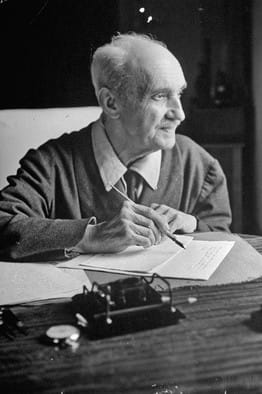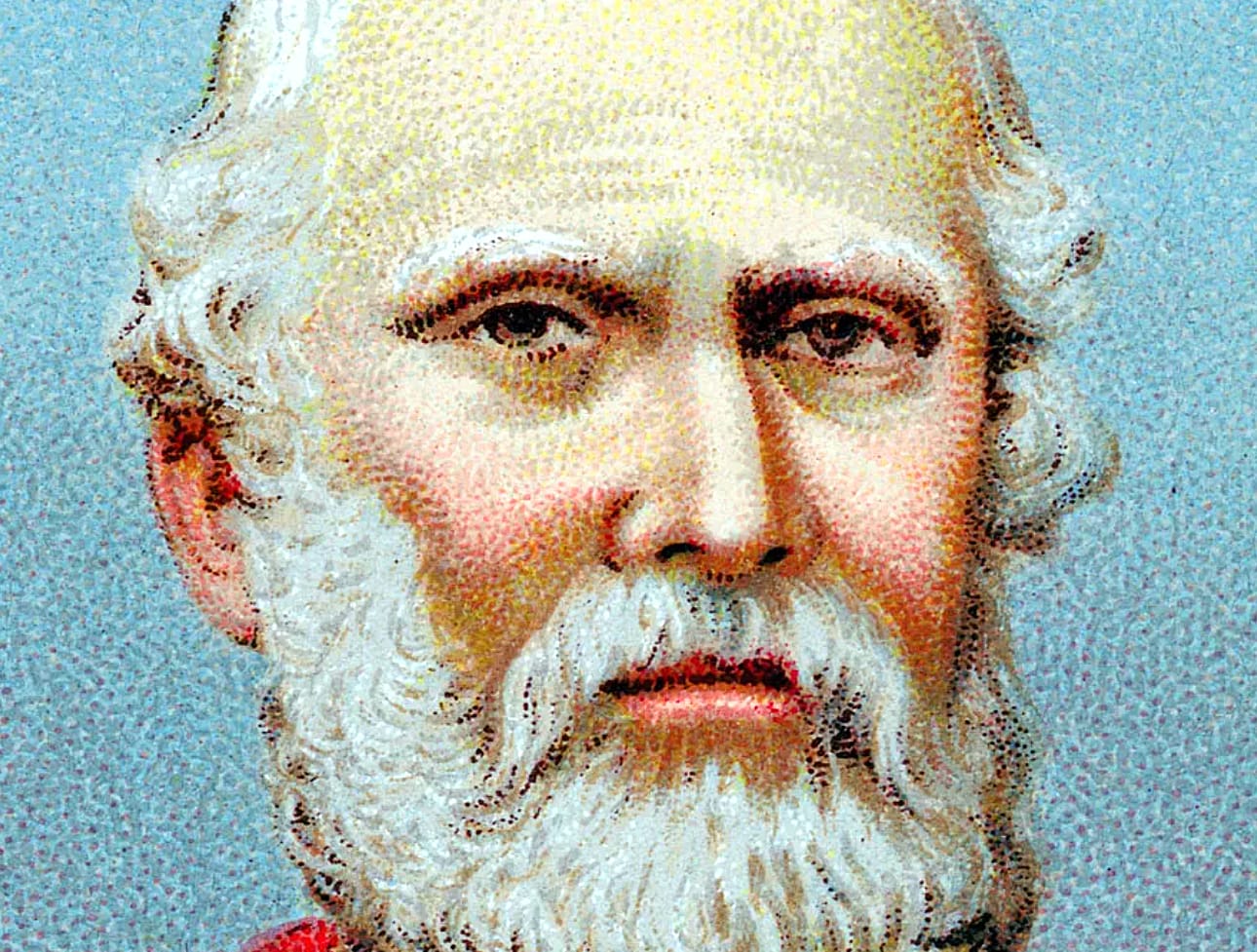The ancient Greek philosopher Plato is often credited with quoting about war. We checked whether this attribution is correct.
The phrase allegedly said by Plato is quoted not only online.quotation books And users Internet, but also artists, writers And politicians from different countries. In particular, Ridley Scott's military-historical drama begins with it "Black Hawk". Another film - "Sorting" Danis Tanovic - ends with this “quote”. Words attributed to Plato engraved on the walls of the Imperial War Museum in London and the United States Military Academy at West Point. Sometimes a quote is possible meet in the future tense: “Only the dead will see the end of the war” (for example, on the loading screen of a strategy computer game Rome: Total War). But its more common version is in the past.
Plato was born around 428 BC e. Having lived most of his life in Athens, the philosopher witnessed the political and military decline of the polis. The main reason was Peloponnesian War (431–404) between the two dominant city-states of Ancient Greece: Athens and Sparta. Despite this, Plato about the war wrote not very much. What interested him most in military affairs was jus en bello — international humanitarian law.
Discussions about war are found in the works of Plato "Alcibiades I" And "Laches", where the philosopher shares his ideas about the humane conduct of war. IN "Republic" And "Laws" Plato describes the creation of a well-ordered and virtuous state through the training of the city's military guards in the principles of humanitarian law.
IN collections Plato's works on the Project Gutenberg website or complete works The 1997 edition was unable to find the quote we were interested in or statements similar to it. And researchers of the philosopher’s work thinkthat the phrase was not written in his style. "Not like Plato" said University of Chicago professor and expert on Plato's work Nathan Tarkov in a letter to the online portal The Daily Caller. “I can’t imagine a dialogue that would fit into that.”
So who is the author of this phrase? California State Polytechnic University Professor Dr. Bernard Duffy found quotation in the work of a Spanish-American philosopher George Santayana. In the collection of essays "Monologues in England" (1922) Santayana remembers, as I sat in a cafe in Oxford and watched a group of wounded soldiers singing at the next table. The officers rejoiced at the newly signed armistice in the First World War: they did not need to return to the front, now they were safe. And Santayana notes that humanity does not learn from its mistakes and is therefore doomed to repeat them: “The poor fellows think they are safe! They think that the war - perhaps the last of the wars - is over! Only the dead are safe; only the dead saw the end of the war.”

As far as we can tell, this is the first time the quote has been incorrectly attributed Plato one of the leaders of the US Army during World War II, general Douglas MacArthur. In 1935, in a speech to his division, the general said: “Over the past 3,400 years, only 268 - less than one in 13 - have passed without war. It is not surprising that Plato, the wisest of men, once exclaimed: “Only the dead have seen the end of the war!” MacArthur repeated this quote in message graduates of the United States Military Academy in 1962 and again attributed it to Plato, “the wisest of all philosophers.” This is most likely how the phrase gained popularity in the English-speaking world.
The earliest mention of this saying in Russian that we were able to discover is found in reviews for Ridley Scott's film "Black Hawk Down" (2001). A white quote on a black background opens the film, and the Russian translation is read out by a voice-over.
Thus, it can be assumed that the famous American commander MacArthur disseminated Santayana's quote, attributing it to Plato by mistake or to give authority. Decades later, film director Scott used the quote in his film. And already from the translated film, the expression became popular in Russian-language sources precisely as a quote from Plato.
Incorrect quote attribution
Cover image: Britannica
Read on the topic:
- National Research University Higher School of Economics. Plato's ideas
- "Knife". How to read Plato's dialogues so as not to get confused and become smarter
- Project Gutenberg. George Santayana's collection of essays, Monologues in England (1922)
- The Wall Street Journal. "The Letters of George Santayana" Book Review
If you find a spelling or grammatical error, please let us know by highlighting the error text and clicking Ctrl+Enter.






